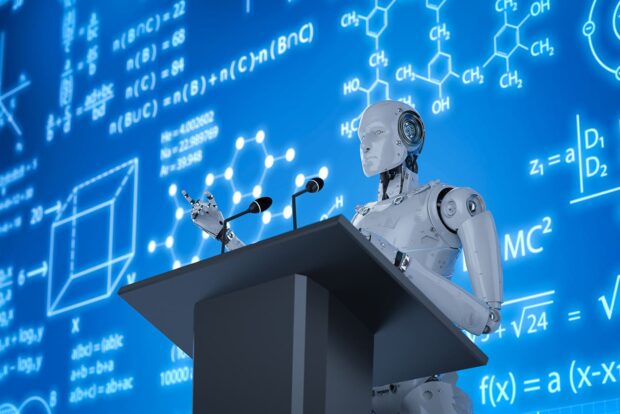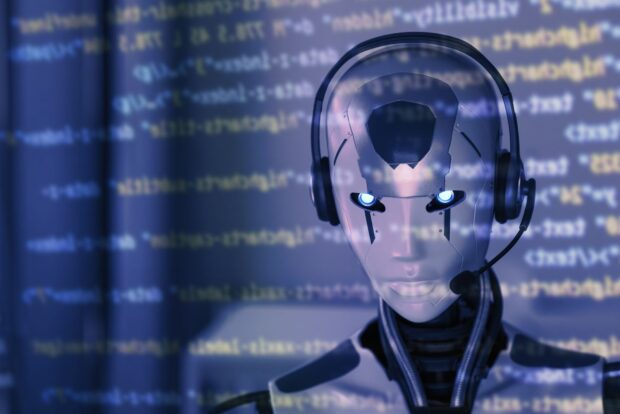The rise of artificial intelligence (AI) in education has sparked a lively debate about the potential of AI tutors to replace human language teachers.
AI technology offers unprecedented flexibility, personalization, and availability, which traditional teaching methods struggle to match.
However, learning a language is not just about memorizing vocabulary and grammar rules; it involves cultural nuances, emotional intelligence, and social interactions that AI may not fully replicate.
With platforms like LingoKids making significant strides in integrating AI to aid language learning, the question becomes even more pertinent.
The Appeal of AI Tutors

AI tutors offer several appealing features that make them attractive to both learners and educators. One of the primary advantages is their availability. Unlike human teachers, AI tutors can be accessed 24/7, allowing students to learn at their own pace and on their own schedule. This flexibility is particularly beneficial for individuals with busy lifestyles or those in different time zones.
Consistency and Patience
AI tutors also offer a level of consistency and patience that human teachers might find challenging to maintain. They can repeat lessons as many times as necessary without any frustration, providing a non-judgmental environment for learners to practice and make mistakes. This can be particularly encouraging for students who might feel self-conscious or anxious in a traditional classroom setting.
The Role of Human Interaction

Despite the numerous advantages of AI tutors, there are still critical aspects of language learning where human teachers excel. Language is inherently a social activity, and the nuances of communication often require the human touch. Human teachers bring cultural context, emotional intelligence, and personal experience to their lessons, which are difficult for AI to replicate.
Bridging the Gap
Rather than viewing AI tutors as replacements for human teachers, it might be more productive to see them as complementary tools. AI can handle repetitive tasks, provide additional practice, and offer personalized learning paths, while human teachers can focus on more complex aspects of language instruction that require empathy, creativity, and cultural insights.
Challenges and Limitations
There are, however, challenges to integrating AI tutors effectively. One major concern is the quality and accuracy of AI-generated content. While AI has made significant advancements, it is not infallible and can sometimes provide incorrect or inappropriate responses. Continuous monitoring and updating of AI systems are essential to ensure that learners receive accurate and reliable information.
The Future of Language Learning

As AI technology continues to evolve, its role in education will likely expand. However, the question of whether AI tutors can fully replace human language teachers remains complex. While AI offers numerous benefits, the human element in teaching is irreplaceable for many aspects of language learning.
In conclusion
AI tutors like those provided by platforms such as LingoKids are revolutionizing language learning by offering flexible, personalized, and consistent educational experiences. However, the irreplaceable value of human teachers in fostering social interaction, cultural context, and emotional intelligence means that the best approach is likely a hybrid one, blending the strengths of both AI and human teaching methods.

